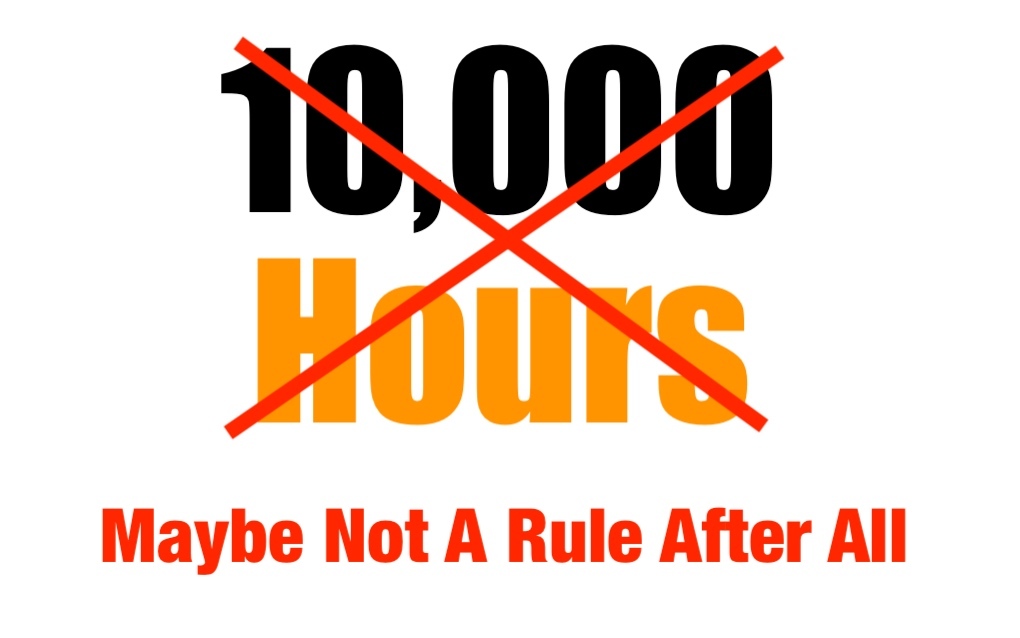- in Production by Bobby Owsinski
Maybe 10,000 Hours To Become An Expert Isn’t A Rule After All

Ever since Malcolm Gladwell introduced the 10,000 hours concept in his 2008 book Outliers, the number has become a standard for the work you must put it in order to become an expert in the skill that you’re pursuing. That can be pretty daunting for anyone just starting out playing an instrument or working in the studio, but it turns out 10,000 hours may be less of a factor than Gladwell’s book originally set forth.
Gladwell’s premise was based on a 1993 study that found that top-rated violinists had put in an average of 10,000 hours of study before the age of 20. He then extrapolated that to explain the success of everyone from Bill Gates to The Beatles.
Brooke Macnamara, a psychologist at Case Western Reserve University in Cleveland, set out to reproduce the study and came away with different results. She and her colleagues interviewed three groups of 13 violinists that fell into three categories – best, good, or less accomplished, then had them complete daily diaries of their practice habits over a week.
It turns out that the less skillful violinists had logged an average of about 6,000 hours by the age of 20. What was noteworthy was that there wasn’t much difference between those rated good and best, as they both logged about 11,000 hours of practice overall. That meant that the number of hours spent practicing accounted for only about a quarter of the skills difference across the three groups, according to the study published in Royal Society Open Science.
Macnamara put it best. “Once you get to the highly skilled groups, practice stops accounting for the difference. Everyone has practiced a lot and other factors are at play in determining who goes on to that super-elite level. The factors depend on the skill being learned: in chess it could be intelligence or working memory, in sport it may be how efficiently a person uses oxygen. To complicate matters further, one factor can drive another. A child who enjoys playing the violin, for example, may be happy to practice and be focused on the task because they do not see it as a chore,” she said.
I think that the 10,000 hour rule has been misunderstood. For one thing, it doesn’t take natural-born talent into account, which many times can be the difference between the really good and the great. Secondly, it doesn’t mean that anyone can be an expert after you put in your 10k, but that you can’t be an expert until you do.
For most of us, practice and experience still determines the course of our professional lives.

